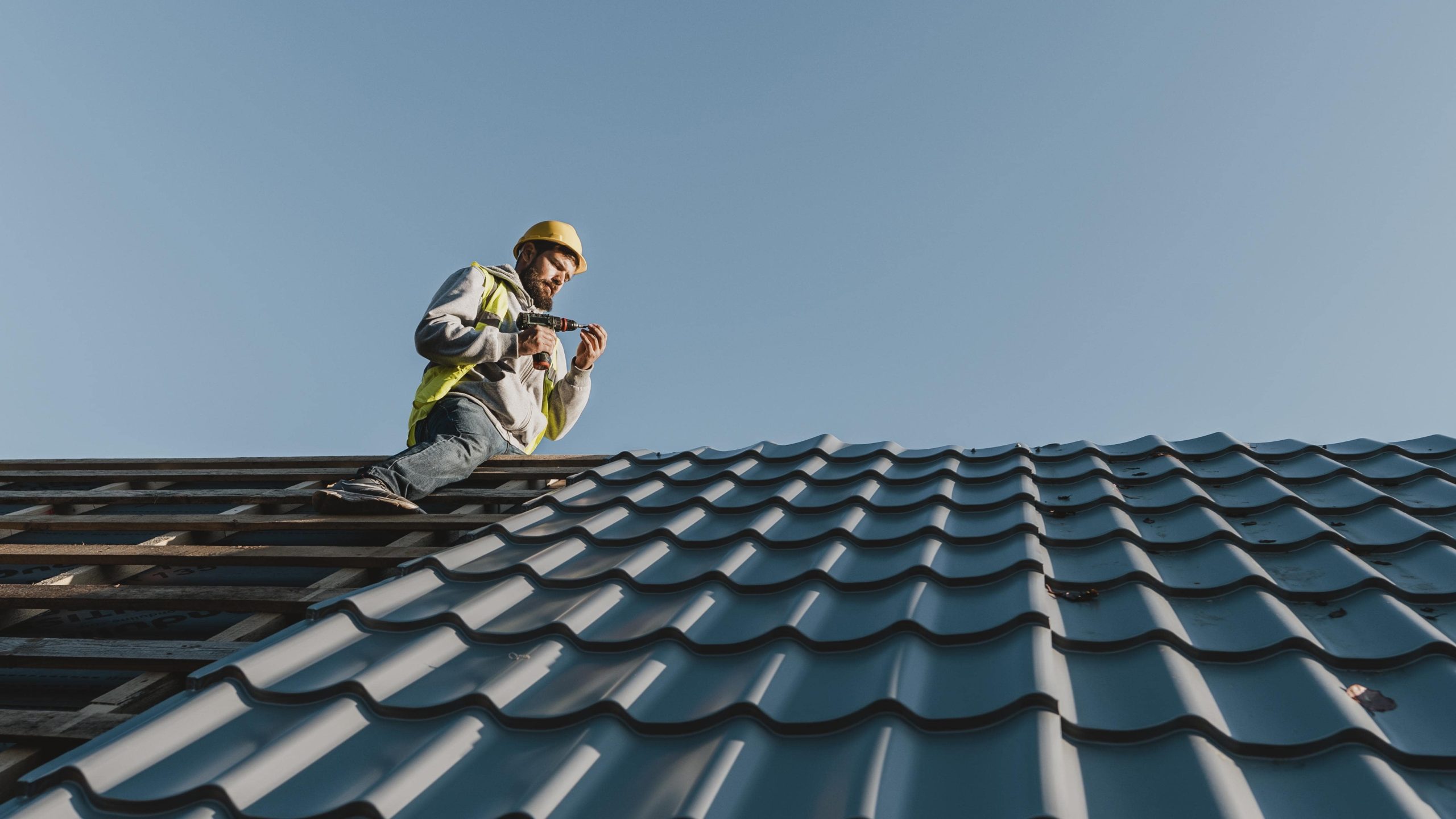A roof is an integral part of any home or building, providing protection from the elements and keeping inhabitants safe. It is important to keep your roof in good condition, but how do you know if it needs repair or maintenance? Regular inspections are key to staying ahead of any potential problems with your roof. Read on to learn more about the importance of regular roof inspections and when to schedule them.
The Benefits of Regular Inspections
Regular roof inspections can help you identify potential issues before they become major problems. During an inspection, a professional will check for any signs of damage that could lead to leaks or other structural issues, like loose shingles or missing flashing. They may also look for signs of mould or mildew growth caused by inadequate ventilation or moisture build-up. Additionally, an inspection may reveal damage caused by pests such as termites or squirrels that have made their way into your attic space. A qualified inspector should be able to assess the state of your roof and recommend repairs as needed.
When To Schedule An Inspection
It’s a good idea to schedule a roof inspection at least once a year, ideally at the beginning of spring before the rainy season starts. This will ensure that any hidden damage is identified and addressed before it can cause further harm to your home. It’s also important to inspect after severe weather events such as heavy rains, hail storms, and high winds since these can cause significant damage without being immediately obvious. If you notice any missing shingles or discolouration on the exterior of your home after a storm, don’t hesitate to call Res Tech for an inspection right away!

Keep Your Roof In Top Shape
A well-maintained roof is essential for protecting your home from water damage and other structural issues. Regular inspections can help identify potential problems before they become major ones, saving you time and money in the long run. Scheduling an inspection at least once per year (ideally at the start of spring) is recommended, as well as after major weather events such as heavy rains and high winds where conditions can easily cause unseen damage. For all your roofing needs, contact us today.






Leave A Comment